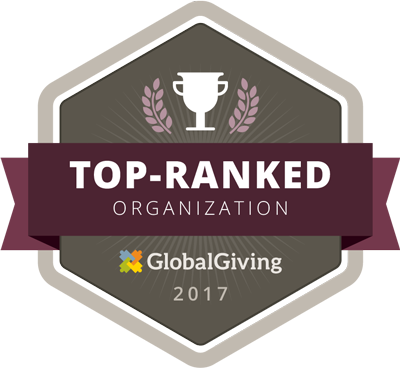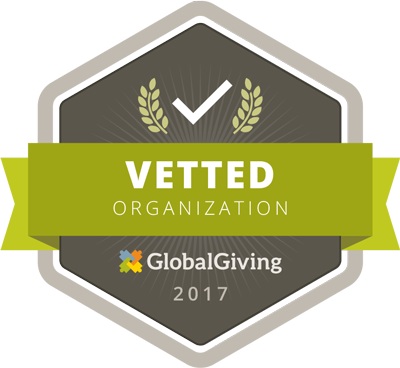Expanding Agua Pura's Program
It's been a busy fall and winter for Agua Pura's staff! We've given workshops and attended others. We've made presentations and worked with experts to improve the supplies and materials we donate. All to help our program to grow and and be more useful. Last October Agua Pura was invited to give a workshop on water testing at the West Coast Conference of Engineers Without Borders. This large meeting had a number of groups of engineering students as well as academic and professional engineers. These different groups were responsible for a large number of interesting programs and projects all over the world, including water and sanitation projects, bridge and school construction programs and solar energy projects. Agua Pura gave a workshop demonstrating our methods of water testing. Though the two hour program was too brief to completely train the participants, they did receive a thorough introduction to the methods. We suggested that any water or sanitation project should include water testing for bacterial contamination. They should be able to demonstrate that the water they provide is safe to drink and they should train local community members to continue monitoring after they have finished. Agua Pura provides training, materials and support to non profits and community organizations at no cost, and we offered to help any EWB group that wanted more training or support for their projects.

[/caption] In November Director Tom Carter traveled to Sacramento California to work with Dr Robert Metcalf at Cal State University, Sacramento. Dr Metcalf is the developer of the modern water testing techniques that Agua Pura uses to check water samples for bacterial contamination. He took testing methods used in the food processing industry and simplified them for use in areas without laboratories. While there Tom showed a new style of Water Pasteurization Indicator (WAPI) he developed. Previously they were made with nylon fishing line to suspend them in the water being treated. Our new WAPI's come with stainless steel wire for increased durability. Agua Pura now has the capacity to make large numbers of these new WAPI's at low cost for its programs. In late January Agua Pura staff attended a conference in Seattle focused on small, efficient “biomass” stoves. These stoves are inexpensive to build and burn materials typically discarded, such as corn husks, twigs and sticks and other locally produced fuels. They are safer to use than open fires, use less fuel, burn cleaner and contribute less to deforestation and global warming. Agua Pura supports their use both for cooking and for disinfection of drinking water. With only a few moments use the stoves can easily heat water to the temperature of pasteurization. In our workshops in Latin America we demonstrate use of one type of biomass stove called a “rocket stove”. It was designed by a group in Eugene, Oregon called Aprovecho Sustainability Education Center. It works by providing a separate fuel and air intake that mix and combust with a powerful updraft and high temperatures. Aprovecho's principal can be used in a number of different designs, and are simple and inexpensive to make locally. When they are burning well they produce very little ash and make a whooshing sound, hence the name.

[/caption] Another new type of design we saw in Seattle at the conference is called a “gasifier” design because it heats the fuel to very high temperatures in a low air environment. The fuel then gives off hot volatile gases which are burned. The result leaves carbon charcoal which itself can be burned or the charcoal can be used for other purposes. Some people believe the charcoal can be used as a soil amendment or aid in composting and making fertilizer. These stoves are called Top Lit Updraft stoves or TLUD and are also very effective at cooking and heating water for pasteurization.

In Agua Pura's poster presentation we suggested that the various stove manufacturers should include emphasis on using their stoves to pasteurize water. Now, often, families do not boil or heat their water because of the increased fuel use. We offered to provide WAPI's that could be distributed with the stoves when they are sold. We also encouraged the design of simpler stoves like the rocket stove that could be made locally.





.png)
